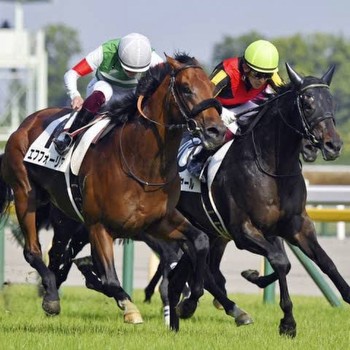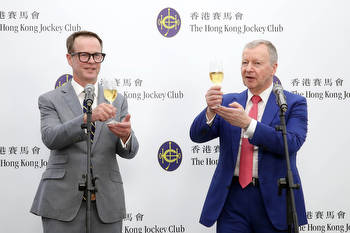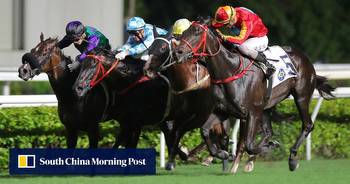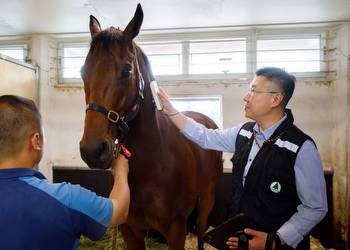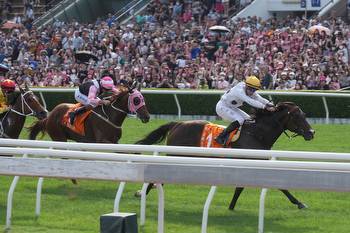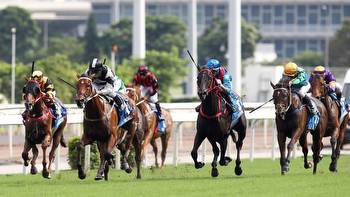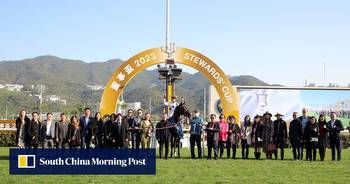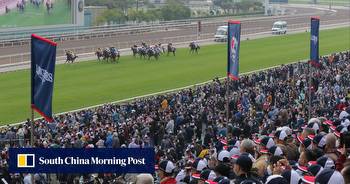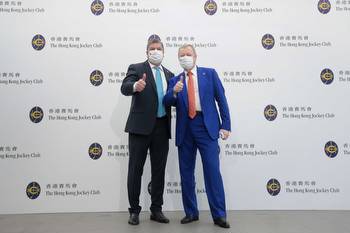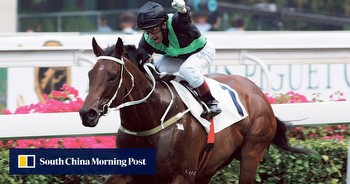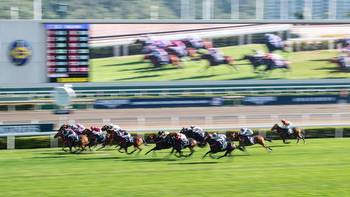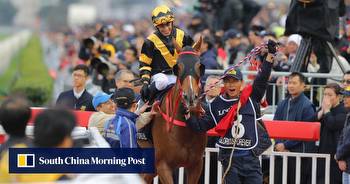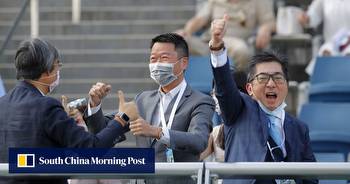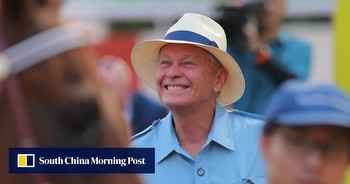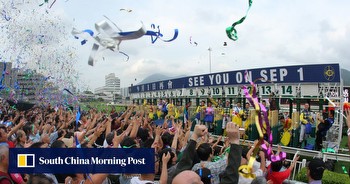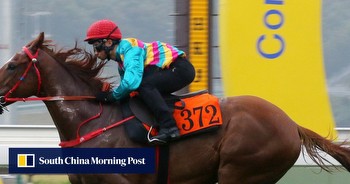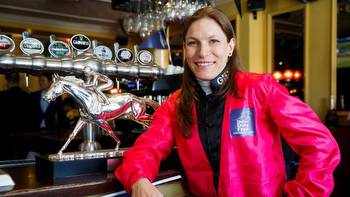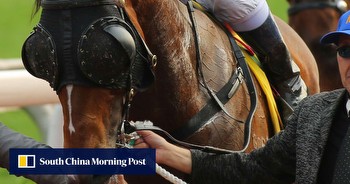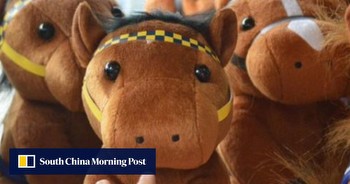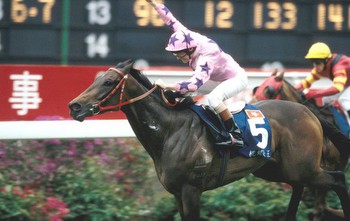The Impact of the Hong Kong International Races
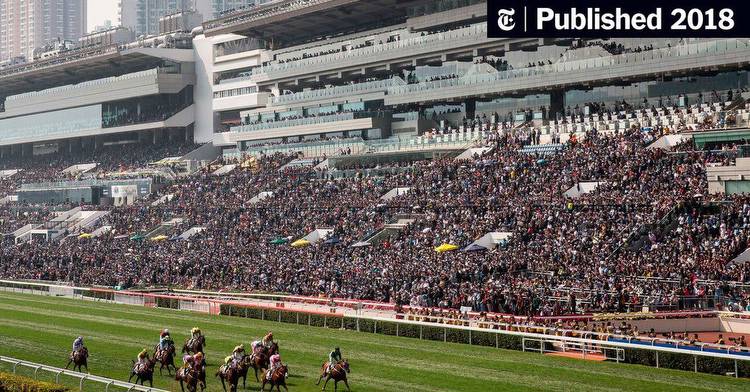
The Hong Kong International Races take place on Sunday at Sha Tin Racecourse. The event was started in 1988 and is worth 93 million Hongkong dollars ($11.9 million) in total. More than 1,300 runners from 17 countries and regions have taken part since the races were created.
The Hong Kong International Races are a cornerstone of the program. The betting turnover was high in the past, but there were no world-class horses or races. Now, people appreciate how competitive Hongkong racing is.
The Hong Kong International Races offer attractive prize money and quarantine. International jockey clubs try to recruit international runners. The jockeys try and convince owners and trainers to focus on their races.
The H.I.R. is a benefit for Hong Kong and global racing. Lord Kanaloa won twice at the H,K. International Races. The international profile he got in Hongkong enhanced his stallion value in Japan.
Hong Kong has around 8 to 10 percent of the world's best horses. It has a clear, strategic focus on turf and one of best teams to administer and run racing. There is no room for racing or training under the influence of prohibited substances.
Every race meeting, 800,000 to 900,00 people search for information on the website. All the horses are trained in the premises. The company makes all the training data, veterinary data and betting information freely available.
Owning racehorses is prestigious in Hong Kong. Every year, there are more people who want to own a horse than can have one. There are 1,200 to 1.300 applications for a racehorse each year.
The Hong Kong International Races has no breeding program. It's a huge education exercise with owners about what types of horses fit their program and equine welfare. Owners have to pay 80,000 Hongkong dollars into a retirement fund.
Hong Kong allows owners to change a horse’s name. Many jurisdictions do not. Changing a gelding's name is not as much of an issue. Owners want their horses‘ names to relate to each other.
Conghua Racecourse opened this year in mainland China. It is the first disease-free zone in China and allows the horses to move freely between Hong Kong and the training center.


